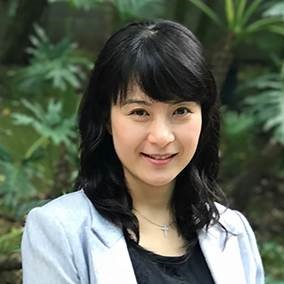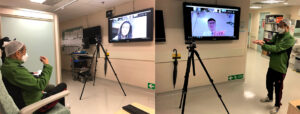 |
Building Psychological Competence among Undergraduate Nursing Students in Clinical Education
Principal Investigator: Dr Angie Ho Yan Lam, School of Nursing
(E: angielam@hku.hk)
Co-investigators: Mr Kwan Ho Wong, Ms Claudia Kor Yee Chan, Ms Yin Man Yiu Hellene, Ms Jessica Yuet Ying Cheuk, Dr Maggie Mee Kie Chan, Dr Maggie Wai Ming Pun, Dr Venus Pui Yan Wong, Dr Jay Jung Jae Lee, Dr Stanley Kam Ki Lam, Dr Janet Yuen Ha Wong
Nursing students in Hong Kong experienced high levels of stress, anxiety, and even depression associated with clinical practicum, especially in Year 2 and Year 3 who face their very first clinical practicum (Cheung et al., 2016).
Studies demonstrated that mindfulness, which cultivates the present moment awareness with acceptance of non-judgemental attitudes, appeared to improve nurses’ mental health significantly (Guillaumie, Boiral, Champagne, 2016). Besides, peer learning in nursing clinical education may also reduce anxiety and stress by helping students gain confidence through guidance and advice from peers with similar experiences (Choi, Kim, Park, Lim & Kim, 2020).
The proposed project aims to develop an Online Mindfulness-based Pre-Clinical Practicum Program (iMBCP) to reduce psychological disturbance (stress, anxiety, depression) among nursing students in clinical learning. It is expected that the project will equip the students’ psychological competence in professional practice environments by cultivating mindfulness capability and a peer teaching environment. |



